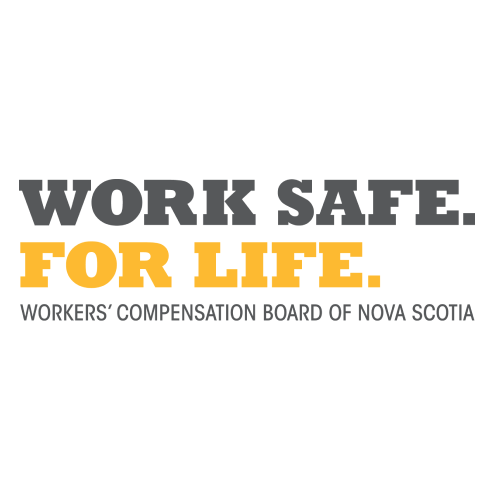WCB Nova Scotia’s third quarter of 2023 was marked by preparation to protect Nova Scotia’s workers and employers from a new type of compensable injury.
Preparations are well underway at the WCB for a new service model to support legislative change that will make gradual onset psychological injury compensable this September. Announced by government last October, Nova Scotia will be the first province in Atlantic Canada to offer coverage for this type of work-related psychological injury.
While the WCB has long offered coverage for psychological injuries caused by acute traumatic events, gradual harm over time from significant work-related stressors – like bullying or harassment – has not been compensable.
Starting September 1 and guided by a new policy, those serious psychological injuries will now be covered by workers’ compensation.
The changes are backed by a new executive structure, with a dedicated associate vice president for psychological injury, and a new service team. Workers can expect a customized, trauma-informed experience, and employers will have access to new resources on cultivating a psychologically safer workplace.
“This is a step forward for our province, and an excellent change. We’re getting ready to support more Nova Scotians with this type of injury and that means an improved way of doing things,” says WCB CEO Karen Adams. “A service model centered around workers and increased resources for employers will guarantee that promoting mental well being remains a central focus of this transformation. »
The publishing of the latest results comes against a tragic backdrop though – two acute fatalities in a single week last month.
“A death at work is something no one should ever have to face,” says Adams. “On behalf of everyone at the WCB, we extend our condolences to all of those who are struggling with this loss.”
Whether psychological or physical, injury prevention is always the top priority in any workplace safety culture. Nova Scotia’s injury rate during the third quarter of last year out-performed the WCB’s projections, remaining steady at 1.38 time-loss injuries per 100 workers, a slight increase compared to 1.36 in the previous quarter.
The number of days lost to workplace injury also improved, led by progress in the long-term care, home care and disability support sectors. In Q3 2023, 260 days per 100 covered workers were lost to time-loss injury. While it’s a daunting statistic, at year-end 2022 that same number was 292.
“While these numbers show we’re moving in the right direction in return to work, the workplace tragedies that happened in early 2024 remind us that our work is far from done. Keeping people safe at their job can be a matter of life and death. The WCB is going to continue seeking out impactful ways to help protect more people, by creating safer workplaces across Nova Scotia,” says Adams.
Thanks to ongoing collaboration by AWARE-NS, industry, Government and the WCB, Nova Scotia also continues to make progress in reducing the number of days lost to injury in the home care and long-term care sectors specifically. A new campaign launched earlier this month highlights the importance of safety for workers in these sectors, who do the important work of caring for others.
The WCB is moving into a time of renewed opportunity. Guided by a new strategic plan and a review to help improve workers’ compensation in the province, the WCB is working from a position of strength as it gets ready to protect more Nova Scotians from a new type of compensable injury.
Q3 and Operational Highlights:
- The injury rate at the end of Q3 was 1.38 per 100 workers, a slight increase from 1.36 at the end of Q2.
- There were 260 days lost to injury per 100 covered workers. That’s an improvement from 292 at year-end 2022.
- WCB’s funded ratio under the new IFRS 17 reporting system remained steady at 92.4 per cent.
- Click here to view the full Q3 Report to the Community.



